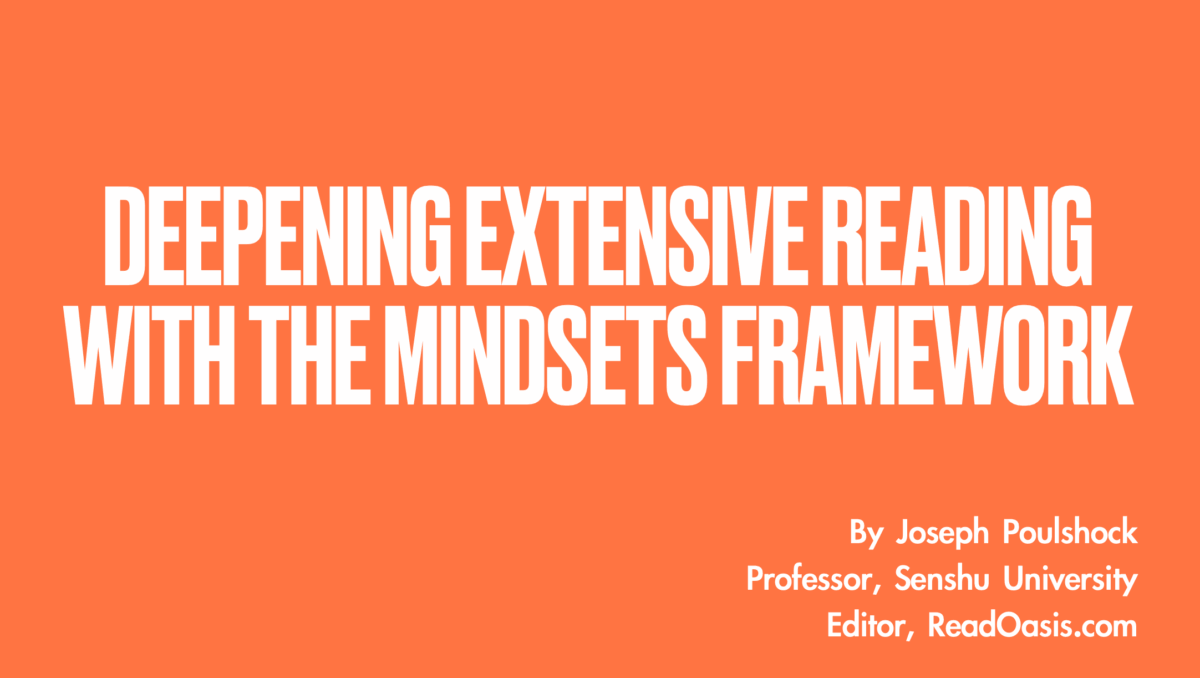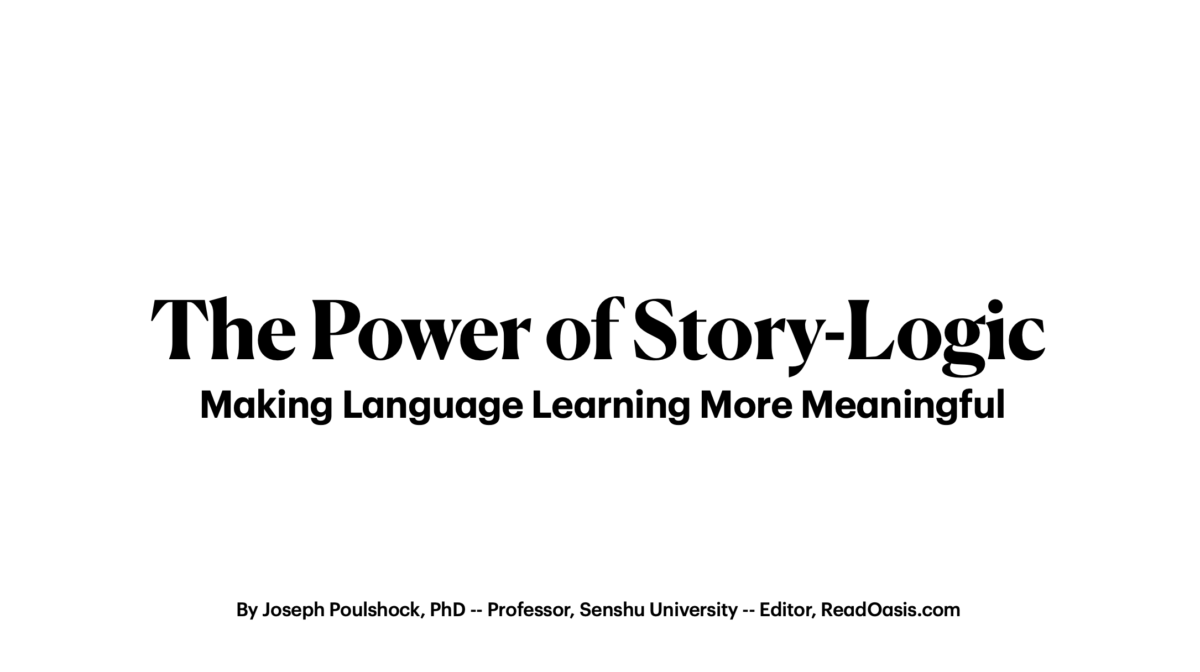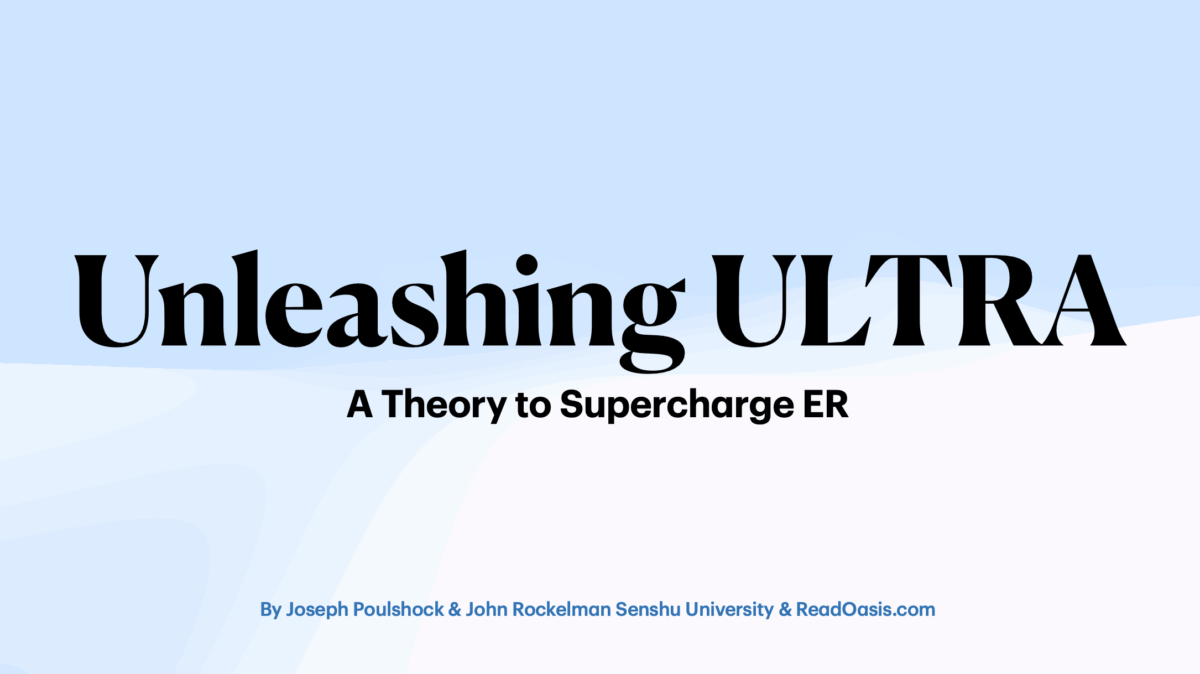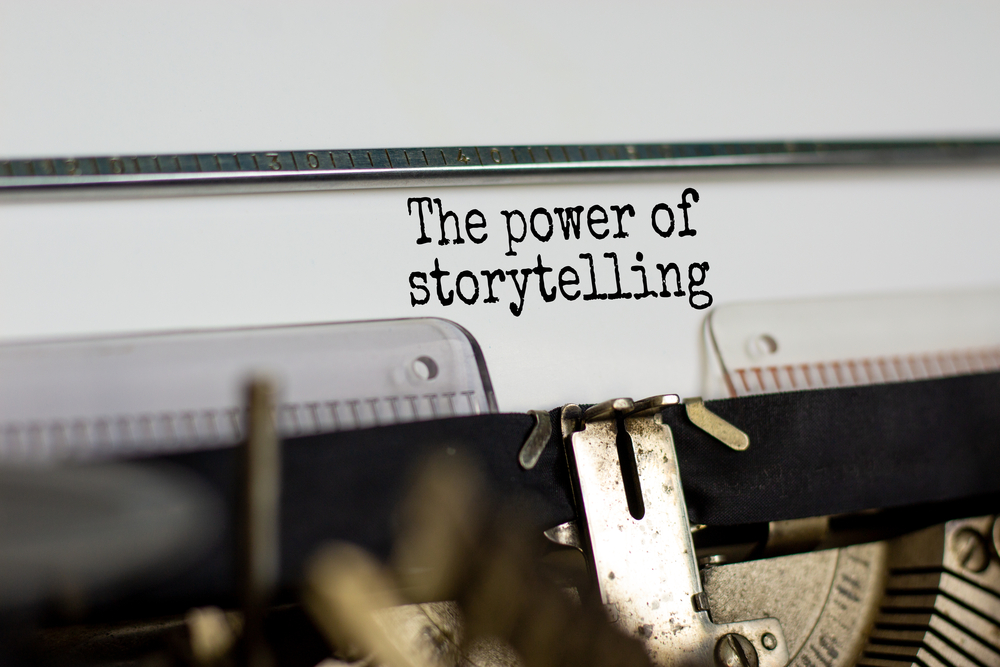Experts claim that extensive reading (ER) is an essential practice in language education. But students often consume texts passively, so how can we help learners engage more actively with stories and texts to deepen comprehension and retention? In this workshop, we’ll apply the MINDSETS Framework, an evidence-based approach that guides learners through eight generative learning strategies: Mapping, Imagining, Narrating (self-explaining), Drawing, Summarizing, Enacting, Teaching, and Self-testing. These strategies move learners beyond passive reading, fostering deeper comprehension, effortful retrieval practice, and long-term retention. Participants will experience hands-on activities using MINDSETS techniques to enrich ER practice, mapping key ideas, summarizing creatively, enacting scenes, peer teaching, and self-testing. Through structured exercises and discussion, attendees will leave with a clear actionable framework and practical, adaptable strategies to enhance ER instruction across various proficiency levels. Whether teaching younger learners or adults, this approach makes ER more interactive, reflective, impactful, and fun.
Presented at the Extensive Reading World Congress, Sunday, September 7, 2025



